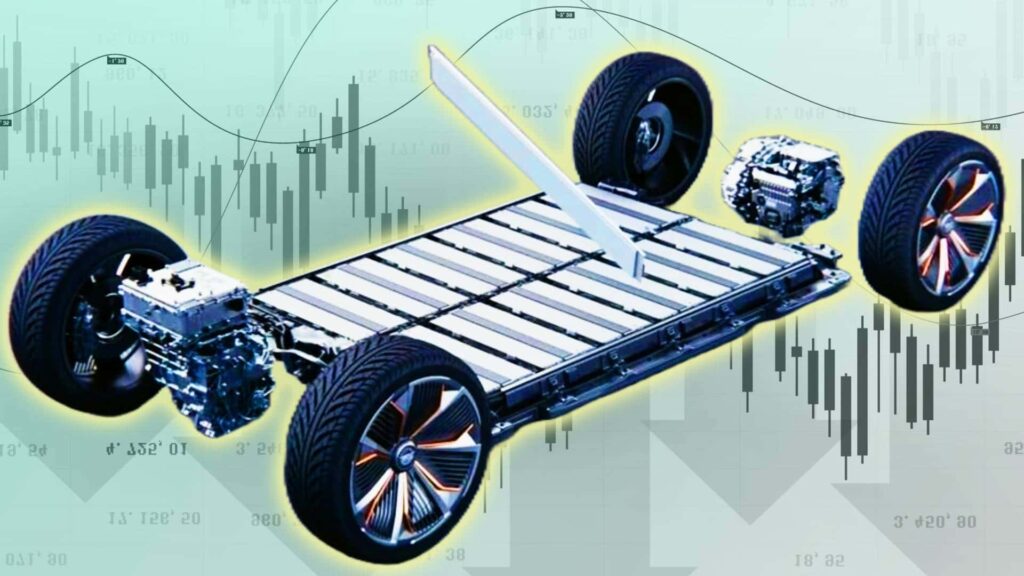Electric Vehicle (EV) Battery Degradation: A Non-Issue According to New Study
When it comes to electric vehicles (EVs), the high-voltage battery pack is often a point of contention for skeptics. Many people believe that EV batteries will degrade quickly and render the vehicles useless in just a few years. However, a recent study by Geotab, a UK-based vehicle telematics company, has found that EV battery degradation is almost a non-issue.
On average, a modern EV’s battery degrades by 1.8% per year. This means that most EV batteries can last for 20 years or more with minimal annual degradation. In fact, after 20 years, an EV battery can still retain 64% of its original range. The data, which was collected from analyzing over 10,000 EVs, proves that EV batteries are more durable and long-lasting than previously thought.
Despite this positive news, it’s important to note that EV batteries can still fail, although the failure rate is statistically insignificant. According to the study, EVs manufactured in the last decade have had a battery failure rate of less than 0.5%.
Battery degradation is not a linear process and is also influenced by the location and climate in which the EV is used. The biggest degradation occurs in the first few years of the battery’s life, tapers off, and then accelerates towards the end of its lifespan. Hot climates can also increase battery degradation, so it’s advisable to keep EVs parked in the shade, especially during charging.
Modern EVs come equipped with efficient cooling and heating systems to regulate the battery’s temperature. However, it’s recommended to keep the battery cool to prolong its lifespan. Additionally, DC fast charging can marginally increase degradation compared to slower Level 1 and Level 2 charging methods.
Having a liquid-cooled battery pack, as seen in the latest generation Nissan Leaf, is crucial for maintaining optimal battery temperature and reducing degradation. Previous generations of the Nissan Leaf had passively cooled packs, which made them more susceptible to degradation.
To prolong battery life, it’s advised to keep the state of charge between 20% and 80% for nickel-manganese-cobalt (NMC) and nickel-cobalt-manganese (NCM) batteries. For lithium-iron-phosphate (LFP) batteries, constantly topping off the charge can potentially reduce lifespan, as indicated by a recent study.
While EV batteries will inevitably degrade over time, following simple guidelines can help prolong their lifespan. Just like any other vehicle component, regular maintenance and care are essential for ensuring the longevity of EV batteries. With advancements in battery technology and proper usage, EV owners can enjoy their vehicles for many years to come.

